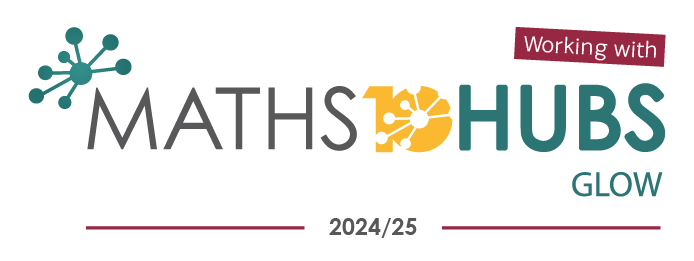Maths

Subject Lead: Mrs Thurston
We use a mastery approach to the teaching and learning of Mathematics in our school. We believe that ability within Mathematics is not fixed and foster positive ‘can do’ attitudes, believing all children can achieve in mathematics encouraging children to develop a ‘growth mindset’.
Underlying the mastery approach is the belief that more time is spent teaching key mathematical ideas and concepts to allow for the development of depth and sufficient practice to embed learning. All children should work together on a sequence of carefully planned ‘small steps’ to become fluent mathematicians who are able to reason and solve a variety of problems by applying what they have learned in a range of contexts.
Children are supported through the use of mistakes and misconceptions as part of the teaching process, immediate teacher intervention during Mathematics lessons and through specific planned interventions. Children are challenged through rich and sophisticated problems on the same key learning point, achieving differentiation through depth rather than content.
Conceptual understanding is developed through concrete and visual representations and children are given opportunity to explain their reasoning as part of our daily Mathematics lessons.
In Years 1 to 4 we provide ‘recap’ activities at the start of each lesson, which enable the children to practice, embed and therefore become fluent in working with all areas of mathematics.
Mathematics is a core subject in the National Curriculum, and we use the National Curriculum as the basis for implementing the statutory requirements of the programme of study for mathematics. Alongside the National Curriculum, we use White Rose Maths scheme of learning, which follows the concrete, pictorial, abstract approach set out in our Calculation Policy.
Each year group has a Medium Term Plan of sequenced objectives, which build children’s understanding over the year in a progressive manner. These plans take the National Curriculum Objectives and break them down into ‘small steps,’ taken from the White Rose Maths scheme. You can find each year groups MTP below.
Lessons include the following elements for Y1-Y4:
- Lessons begin with a ‘Recap’ or ‘Flash Back’ activity, building on prior learning.
- Input – Fluency, Reasoning and Problem-solving questions which are worked through together as a class and are sequenced carefully to build on conceptual understanding. During input, teachers are encouraged to use a range of manipulatives to support learning as well as individual whiteboards where appropriate. High quality questioning and modelling is also used during this time to assess understanding and swiftly address misconceptions.
- Independent learning/application – children work independently (which can sometimes mean working in pairs/groups) on a set of questions/tasks which closely match the input. These questions are carefully sequenced to build on conceptual understanding, fluency, problem-solving and reasoning skills.
The Foundation Stage
We teach problem-solving, reasoning and numeracy in our reception class through a combination of child initiated and adult led play, class sessions and group work using the Early Learning Foundation Stage and White Rose Maths. We give all the children ample opportunity to develop their understanding of number, measurement, pattern, shape and space through varied activities that allow them to enjoy, explore, practice and talk confidently about mathematics.
KIRFS
At Fairfield we support our children's development of mental maths skills by teaching KIRFS. KIRFS (Key Instant Recall Facts) are designed to help children with instant recall of key facts so that it enables them to have more capacity in their working memory to solve more complex problems. Each year group will have a specific set of KIRFS to practice and learn both in class and at home. Families will be given a help sheet that will support them in helping their child master the skill. Throughout the year these KIRFS will build up and enable the children to confidently recall them in any given situation. KIRFS will include number bonds, doubles, halves, times tables and telling the time. Children will regularly be assessed on their recall and we invite parents to support their children to practice as part of their regular homework.
Please find the whole school overview attached. Each year groups KIRFS for the current half term will be visible on their class page.
The creators of Times Tables Rock Stars have produced a platform for boosting addition and subtraction skills, called NumBots, which is primarily aimed at KS1 children, but can be used in KS2 to support and boost confidence with number skills.
There are two game types:
Story Mode – the emphasis is on learning the ideas and concepts behind addition and subtraction so it features more diagrams, shapes and question styles.
Challenge Mode – the emphasis is more on speed of recall of key facts, like number bonds to 10, doubling small numbers or adding & taking away in your head.
When it comes to times tables, speed and accuracy are important – the more facts children remembers, the easier it is for them to do harder calculations.
Times Table Rock Stars is a fun and challenging programme designed to help students master the times tables. Children in years 2, 3 & 4 all have an individual login for TTRS, which they can use to access it at school and at home. Paper worksheets are completed by Year 3 and Year 4 in every lesson. Year 2 use the paper work sheets regularly throughout the year.
To be a Times Table Rock Star you need to be able to answer any multiplication fact up to 12×12 in less than 3 seconds!
For more information, please refer to the Maths and Calculation Policies below

